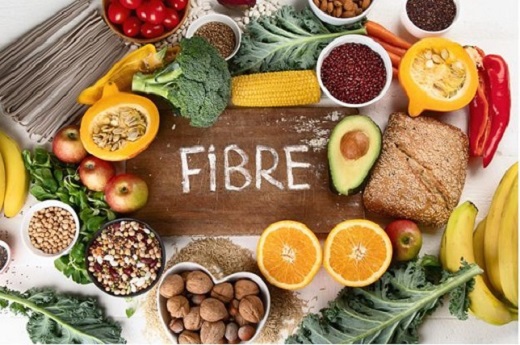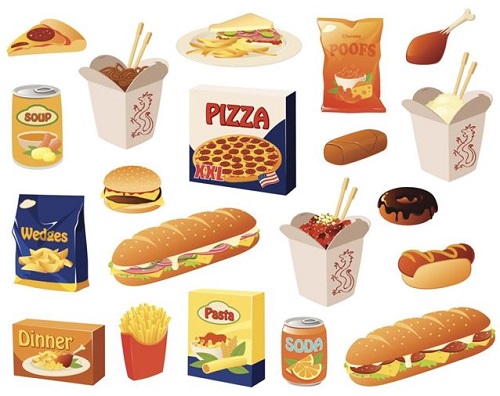
Whenever you are ready for a fast, it is important to learn how to eat right and the proper type of food to eat.
People fast intermittently for
different reasons e.g. religion, health, aesthetics etc. Whatever your
reason, it’s easy to go into intermittent fasting thinking that all you
have to do is load yourself with enough food to keep you full till when
you can eat again.
Doing that can have terrible repercussions.
Don’t do that.
When you do eat during a fast, make sure to include fluid-rich foods.
Even though your kidneys do their best to retain water during fasting, your body still loses a lot of fluids (as it would on a normal day) through sweating and urinating. To ensure that you’re properly hydrated until you can eat again, it’s best to eat fluid-rich foods e.g. soups, fruits, etc.
If you don’t have access to fluid-rich foods, rehydrate with a homemade oral rehydration solution comprising of sugar, salt, and boiled (then cooled) water.
Unless you’re going to experience headaches, dizziness, and extreme fatigue during your fast. You might even faint.
Eat foods whole grain foods high in fibre content.

Because they keep you fuller for longer and aid in digestion, which is a thing you want if you don’t want to be constipated.
Stay away from processed foods.

Super difficult because they look really good but avoid them at all costs. Processed foods will leave you feeling bloated, lethargic, moody, and craving even more processed food. Which is terrible because then you’ll find yourself fighting hunger pangs way before it’s time to break your fast.
When breaking a long fast, it’s best to take things slow.

When breaking your fast, the temptation
will be there to scarf down a whole bowl of eba but you have to chill.
Your gut is less active during a fast and at the time of breaking the
fast, it might lack the proper digestive enzymes necessary to break down
food. Which is why you have to start slow with things like soups or
fruits. Failure to do so can lead to inflammation and gastrointestinal
stress.


No comments:
Post a Comment